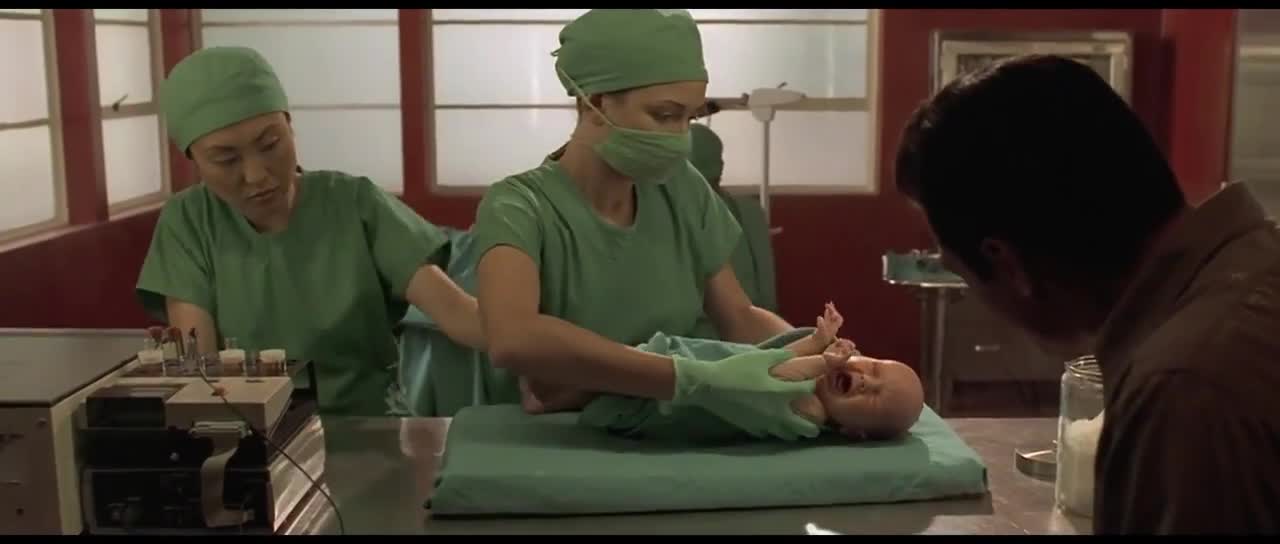How Do You Feel About Genetically Engineering Your Baby?
2014.03.01

Could the advancements of science and technology give us better, healthier babies in the future? According to a procedure researched by Oregon Health & Science University's Shoukhrat Mitalipov, a provocative and experimental fertilization technique is looking to involve the DNA of three people. It is for the sake of preventing debilitating diseases from being passed down from parent to child.
The technique has yet to be tested on humans and is particularly risky. Failure isn't really an option here, and success wouldn't be known until the baby was born and had lived enough years to give scientists a total and further understanding.
From the AP:
Preliminary testing in animals suggests that combining the DNA of two parents with that of a third female donor could allow prospective mothers to give birth to healthy children. But even experts in the field warned that researchers would have to follow the offspring for many years to see if they are truly healthy.
"The end of the experiment will come decades later," said Michigan State University's Keith Latham, in a presentation before the FDA and its advisory panel. "It's going to take us that long to figure out the health of the progeny produced from these procedures."
How the procedure works:"The end of the experiment will come decades later," said Michigan State University's Keith Latham, in a presentation before the FDA and its advisory panel. "It's going to take us that long to figure out the health of the progeny produced from these procedures."
Mitalipov's experimental technique, if approved for use, would involve removing the nucleus DNA from a healthy female donor's eggs and replacing it with the nucleus DNA of the prospective mother. After fertilization, the resulting child would inherit the mother's nucleus DNA — containing traits like hair color and height — but the donor's healthy mitochondrial DNA.
Like all things, there will be debate surrounding the ethics of the procedure. According to the Center for Genetics and Society's Marcy Darnovsky, the FDA;s potential decision to allow human testing "could well be the first time any jurisdiction in the world had authorized intentional genetic modification of children and their descendants. And it would be making this decision with little or no input from the public or elected officials."Could this type of genetic modification spark a Gattaca like society?
More Articles
Copyright © Fooyoh.com All rights reserved.